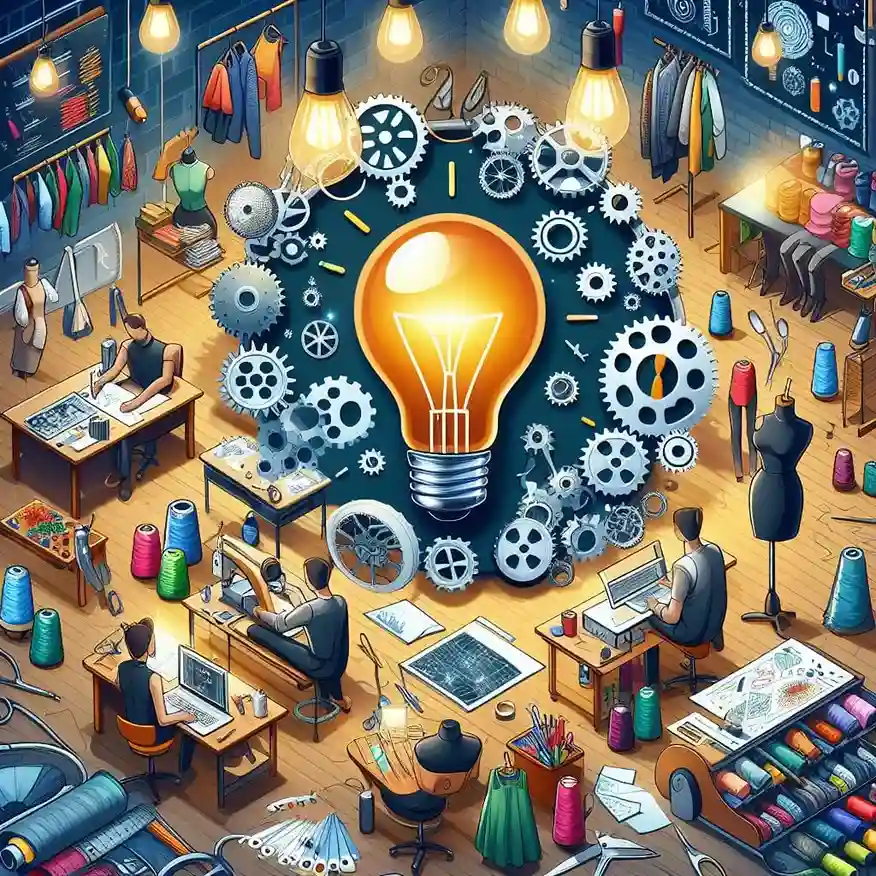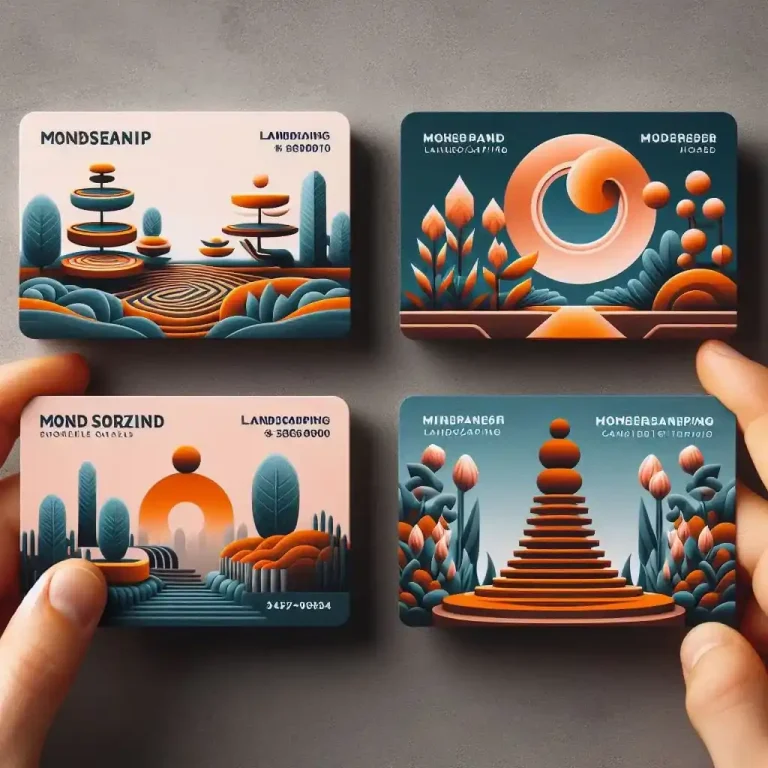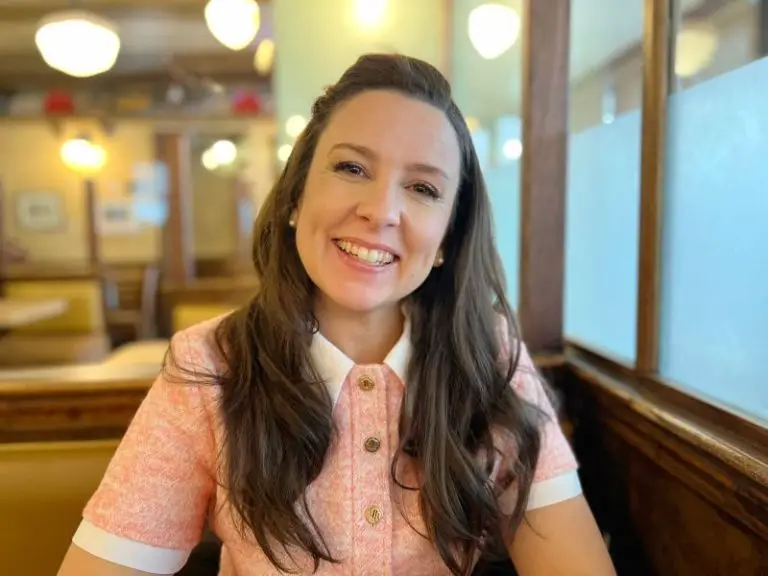From Concept to Creation: How Cut and Sew Manufacturers Bring Fashion Designs to Life

Are you looking to bring your fashion designs to life? Do you have a vision of your clothing line but don’t know where to start?
Cut and sew manufacturers are the key players in turning your designs into real, wearable garments. They bridge the gap between concept and creation, bringing your ideas to reality.
In this guide, we’ll take a closer look at their process, the benefits they offer, and how to choose the right one for your fashion brand.
Ready to unravel the magic behind garment manufacturing? Let’s dive in!
Understanding Your Vision
The first step in creating your clothing line is understanding your vision. Garment manufacturers need a clear picture of what you imagine. This means knowing your desires when it comes to:
- Style
- Fabric
- Details
- Fit
- Target market
A cohesive and well-defined vision will ensure that your manufacturer can accurately bring your design to life. It also helps to have a sketch or technical drawing of your garment to communicate your ideas effectively.
Fabric Sourcing and Selection
Once your design vision is clear, the next step is fabric sourcing and selection. This involves choosing the right materials to bring your garment to life. To achieve this, you must:
Understand Fabric Properties
Knowing the properties of your is crucial to achieving the desired look, feel, and function of your garment. Different materials offer varying levels of durability, breathability, and ease of care.
It’s vital to select a fabric that aligns with your garment’s intended use and audience preferences.
Consider Your Budget and Target Market
Opting for premium materials might attract a high-end market but will also drive up production costs. It’s wise to find a balance that meets your design aspirations and appeals to your intended audience.
Your manufacturer can guide you on cost-effective options without compromising quality.
Source High-Quality Materials
Sourcing high-quality materials is essential for ensuring the durability and appeal of your garment. It sets the foundation for a product that not only meets but exceeds customer expectations.
Your cut and sew manufacturer can provide invaluable insights into reputable suppliers and sustainable materials. This can help you make environmentally conscious choices for your brand.
Communicate Any Special Requirements
Communicating any special requirements is important to meet all specific needs and standards. This includes specifying:
- Any unique features
- Sustainability practices
- Certifications needed for your materials
An open dialogue with your manufacturer will help avoid any misunderstandings and ensure the final product aligns perfectly with your vision.
Pattern Making and Designing
Pattern-making is a crucial step in garment production. It’s where your design transforms from an idea into a blueprint for the final product. This process involves:
Creating a Template
This involves drafting the initial design on paper or digitally, outlining each garment piece. This template becomes the foundation for crafting the actual clothing, ensuring precision and consistency.
It’s a meticulous process that bridges the conceptual and the tangible. Your manufacturer can work with you to refine the template until it meets your exact specifications.
Adjusting for Sizes
This step ensures your design is translated accurately across different body shapes and sizes. Manufacturers use size grading techniques to scale your patterns while maintaining the integrity and fit of the design.
Detailing Technical Specifications
Detailing technical specifications is essential for ensuring the accuracy of the design and its production. This includes:
- Precise measurements
- Stitching details
- Fnishing instructions
It ensures that each piece is made consistently and according to the designer’s vision. Plus, it simplifies the communication between you and your manufacturer, minimizing errors.
Prototyping
Prototyping serves as the first physical draft of your vision. It allows you to see and feel your design come to life. It’s a critical step for making any necessary adjustments before mass production begins.
This foundational process ensures the final product matches the designer’s specifications and meets quality standards. With this, you can ensure that your clothing line will be produced at the highest possible quality.
Fabric Cutting and Fitting Adjustments
Fabric cutting is where the real action starts. It’s about slicing up the chosen material into pieces that match your pattern. Skilled workers or high-tech machines do the cutting, making sure every piece is just right.
Then comes fitting adjustments. This part tweaks those pieces to make sure they fit all kinds of body shapes well. It’s like custom tailoring for each size, ensuring your design looks good on everyone.
Quality Control Checks
Quality control involves a series of inspections and evaluations to ensure each garment meets your specifications and quality expectations. These checks occur at multiple stages :
Fabric Quality
Before production starts, the materials are inspected for any defects or inconsistencies. This ensures your garments are made with the highest quality materials.
In-Process Quality
Garments are periodically reviewed to catch any issues early on. This includes checking for accurate measurements, stitching, and overall quality of the garment.
Final Inspection
Completed items undergo a thorough review to ensure they match the design and quality criteria. Any necessary adjustments are made before the product is deemed ready for distribution.
Mass Production and Assembly
Once your designs are all good to go, the manufacturer will start making a lot of them. This part is all about putting your clothes together fast and right, to get them done on time.
Your maker keeps an eye on everything to make sure they look just like you want. They also make things as efficient as possible to keep it cheap but still good.
The aim is to make loads of clothes without messing up what you want your brand to be about.
Packaging and Delivery to Bring Designs to Marketplace
Packaging is designed to protect the items during transit and reflect your brand’s image. It’s about more than just wrapping. It’s an extension of your brand experience.
Delivery, on the other hand, focuses on efficiency and reliability. Using trusted shipping partners guarantees your designs arrive on time, maintaining customer satisfaction.
Together, packaging and delivery bridge the gap between production and the marketplace, making your designs accessible to the world.
Bringing Fashion to Life with Cut and Sew Manufacturers
Partnering with cut and sew manufacturers is your gateway to turning fashion aspirations into tangible successes. Every step in this detailed process is pivotal in bringing your unique designs to the forefront of the fashion industry.
Are you ready to turn your dreams into reality? Reach out to a reputable manufacturer today and take the first step towards making your mark in the world of fashion.
Did you find this article helpful? Check out the rest of our blog now for more!






